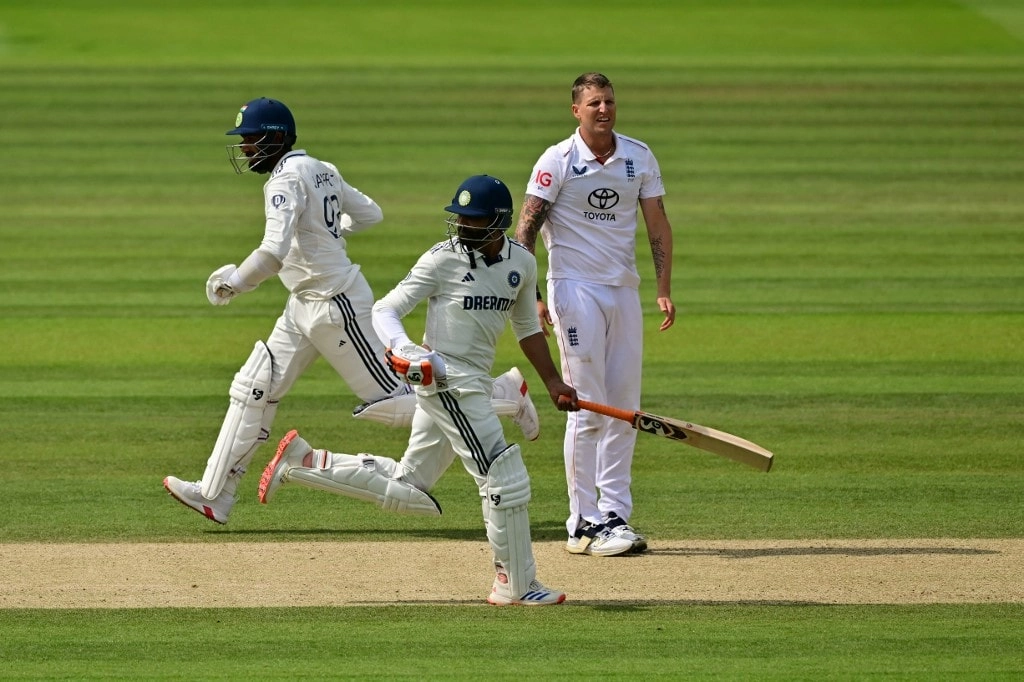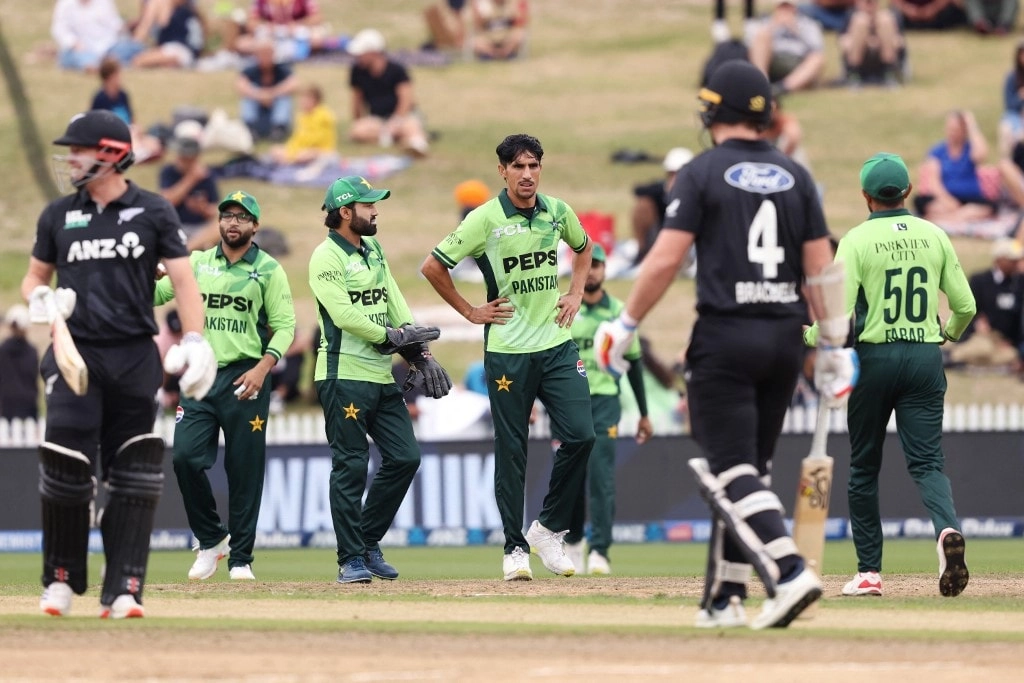Recent reports have emerged suggesting that Mohsin Naqvi, the current director of the International Cricket Council (ICC), may face dismissal due to a controversial incident involving the Asia Cup trophy. The situation has raised eyebrows in the cricketing community, especially considering the high stakes associated with such prestigious tournaments. Naqvi’s actions of allegedly walking away with the trophy have drawn criticism, prompting discussions about the implications for his position within the ICC. This incident highlights the significant responsibility that comes with overseeing major cricketing events and the expectations placed on officials to uphold the integrity of the sport.
As the Board of Control for Cricket in India (BCCI) looks to react to this unfolding situation, speculation is rife regarding their next steps. The BCCI has always been a pivotal player in international cricket, and their decisions can have far-reaching effects on the governance of the sport. If Naqvi is indeed dismissed, it could signal a shift in leadership dynamics within the ICC and set a precedent for how such incidents are handled in the future. The BCCI’s response will be closely monitored, as it could indicate their stance on accountability and professionalism among cricketing administrators.
Moreover, the repercussions of this incident could extend beyond Naqvi’s potential sacking. It raises questions about the protocols and responsibilities of officials during major tournaments. The Asia Cup, being one of the most celebrated events in cricket, deserves to be managed by individuals who not only have the expertise but also demonstrate a commitment to the sport’s values. Stakeholders, including players, fans, and cricketing boards, will be watching closely to see how the ICC and BCCI address this situation, as it reflects on the broader governance of cricket worldwide.
In conclusion, the controversy surrounding Mohsin Naqvi serves as a reminder of the challenges faced by cricket administrators. As the landscape of international cricket continues to evolve, the need for strong leadership and adherence to ethical standards becomes increasingly important. The outcome of this situation could potentially reshape the ICC’s approach to governance and set new benchmarks for accountability within the sport. As fans and stakeholders await further developments, the overarching hope is that cricket remains a sport guided by integrity, respect, and professionalism.




